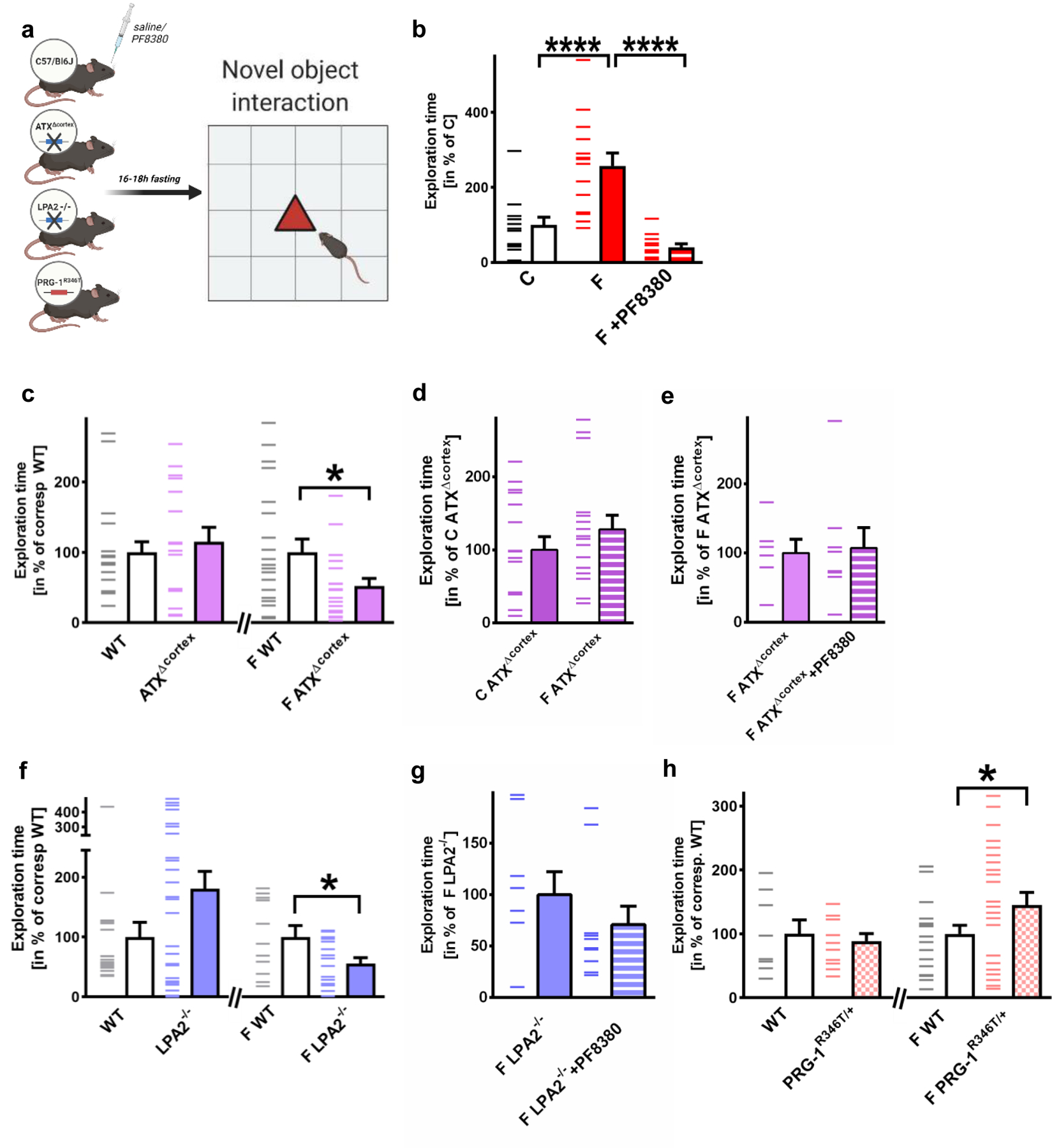Extended Data Fig. 3. Fasting increases cortex-related exploratory behavior.

a. Experimental design for assessment of fasting-modulated exploratory behavior using pharmacological ATX-inhibition (by PF8380), animals with cortex-specific ATX-deletion (ATXΔcortex), LPA2-/- mice and animals with pre-existing increase of synaptic LPA-mediated cortical excitability (PRG-1R346T/+).
b. Fasting significantly increased exploratory behavior, which was reduced to control values by ATX-inhibition via PF8380 (n = 13 for control mice [C], n = 14 for fasted mice [F], and n = 12 for PF8380-treated fasted mice [F+PF8380]; P<0.0001, one-way ANOVA with Bonferroni correction).
c. Cortex-specific ATX-deletion (ATXΔcortex) did not affect exploratory behavior under non-fasting conditions (n = 20 wild type mice [WT] and n = 16 ATXΔcortex mice, two-tailed Mann-Whitney test). However, significantly reduced exploratory behavior after fasting was observed when ATXΔcortex mice were compared to fasted WT litters (n = 21 fasted wild type mice [F WT] and n = 19 fasted ATXΔcortex [F ATXΔcortex] mice; P = 0.0155, two-tailed t-test).
d. Following cortical ATX-deletion, fasting-induced exploratory behavior was not different to exploratory behavior under non fasting conditions. These data suggest that cortical ATX-deletion abolished fasting-induced exploratory behavior (n = 16 non-fasted mice [C ATXΔcortex] mice and n = 16 fasted ATXΔcortex [F ATXΔcortex] mice, two-tailed t-test).
e. Exploratory behavior of fasted mice with cortex-specific ATX deletion (F ATXΔcortex) was not altered by systemic ATX-inhibition. These data suggest that cortical ATX mediates fasting-induced exploratory behavior (n = 6 fasted ATXΔcortex mice [F ATXΔcortex] and n = 8 fasted ATXΔcortex+PF8380 mice [F ATXΔcortex+PF8380], two-tailed t-test).
f. LPA2-/- mice showed no significant difference in their exploratory behavior when compared to WT litters (n = 16 wild type mice [WT] and n = 27 LPA2-/- mice [LPA2-/-], two-tailed Mann-Whitney test). However, exploratory behavior after fasting was significantly decreased when fasted LPA2-/- mice were compared to fasted WT litters (n = 11 fasted wild type litters [F WT] and n = 16 fasted LPA2-/- [F LPA2-/-] mice, P = 0.037, two-tailed t-test).
g. Systemic ATX-inhibition following deletion of synaptic LPA-signaling did not alter fasting-induced exploratory behavior in LPA2-/- mice when compared to non-treated, fasted LPA2-/- mice (n = 9 fasted LPA2-/- mice [F LPA2-/-] and n = 10 fasted LPA2-/-+PF8380 [F LPA2-/-+PF8380] mice, two-tailed Mann-Whitney test).
h. Under non-fasted conditions, PRG-1R346T/+ mice did not show significant differences in exploratory behavior when compared to their WT litters (n = 8 WT and n = 11 PRG-1R346T/+ mice, one-tailed t-test). However, pre-existing cortical excitability, as present in PRG-1R346T/+ mice, significantly potentiated fasting-induced cortex-related exploratory behavior in fasted PRG-1R346T/+ mice when compared to fasted wild type litters (n = 20 fasted WT [F WT] and n = 23 fasted PRG-1R346T/+ mice [F PRG-1R346T/+]; P = 0.038, one-tailed t-test).
Experimental design figures were created with BioRender.com. Dashes represent single values, bars represent mean and s.e.m., *p<0.05, ****p<0.0001.
